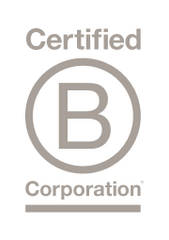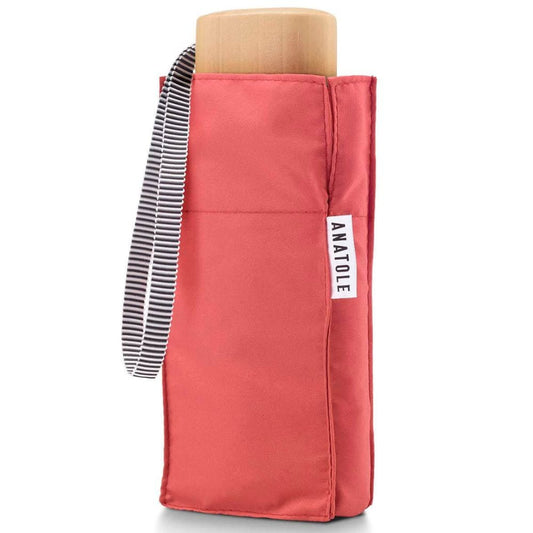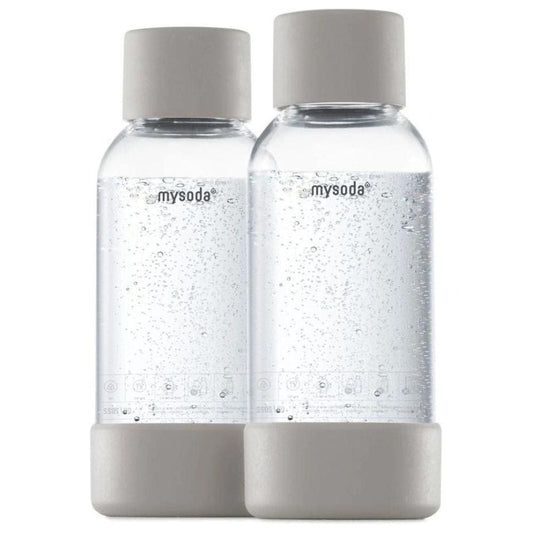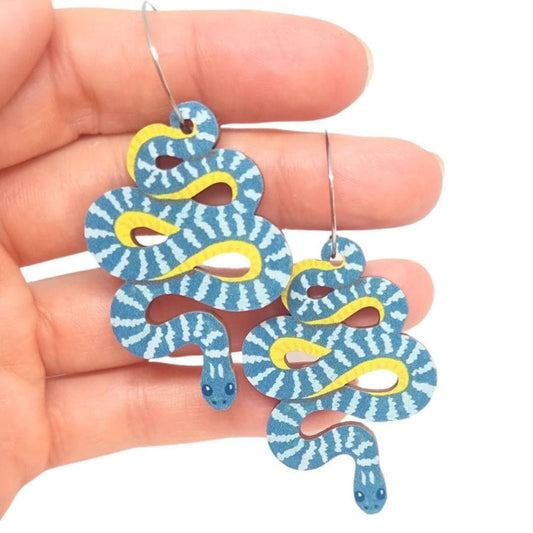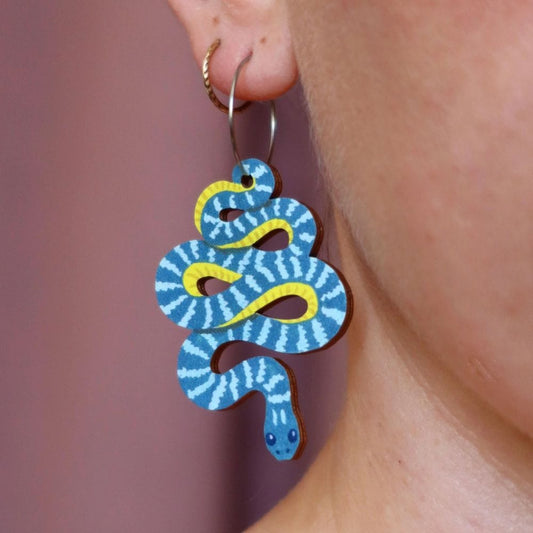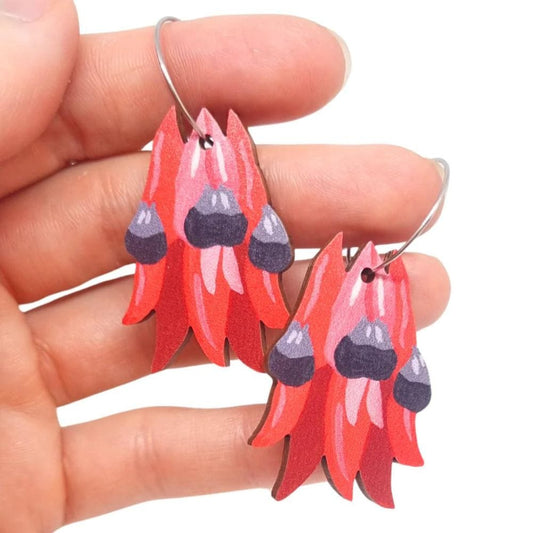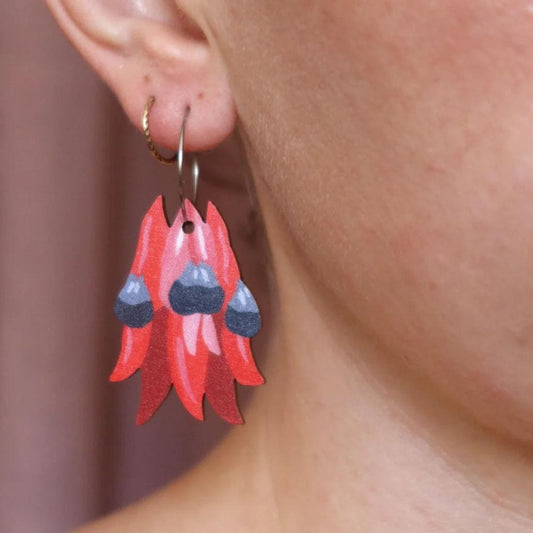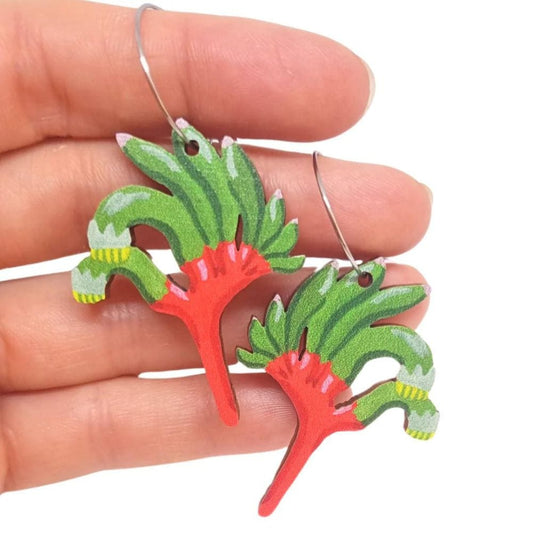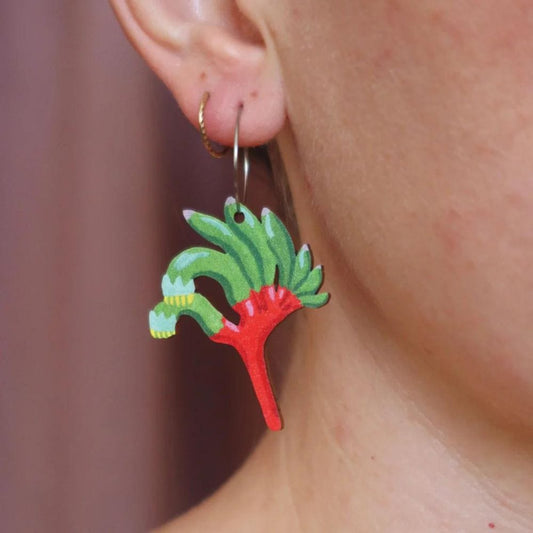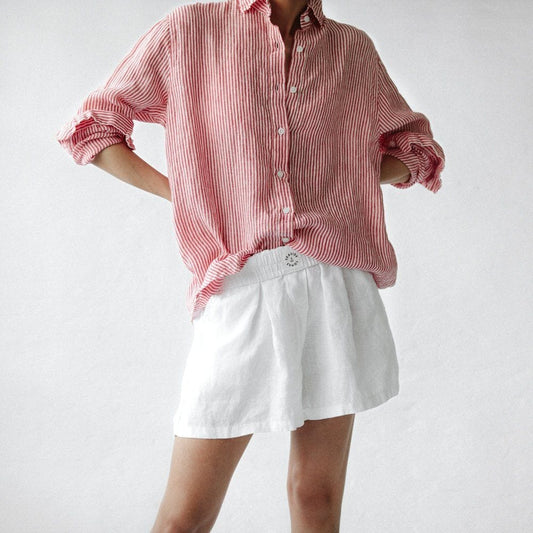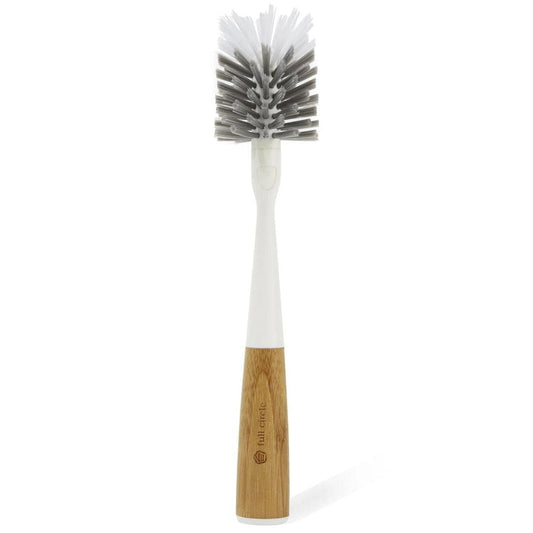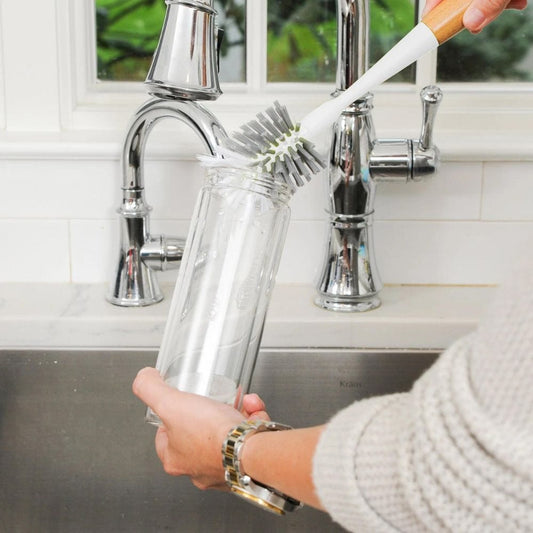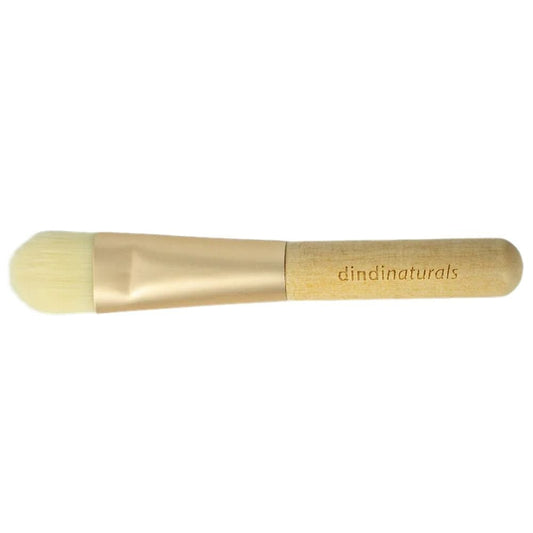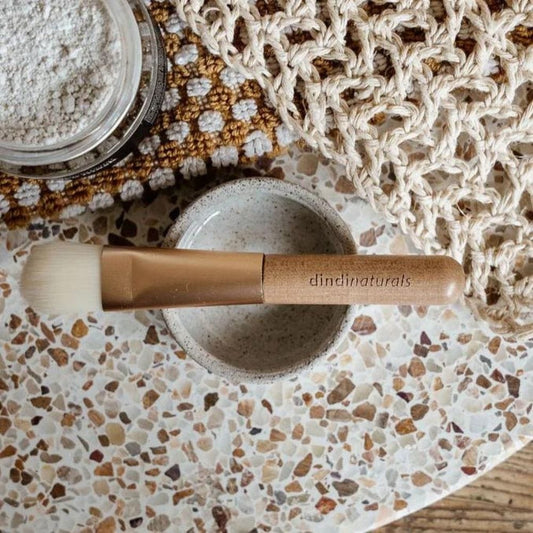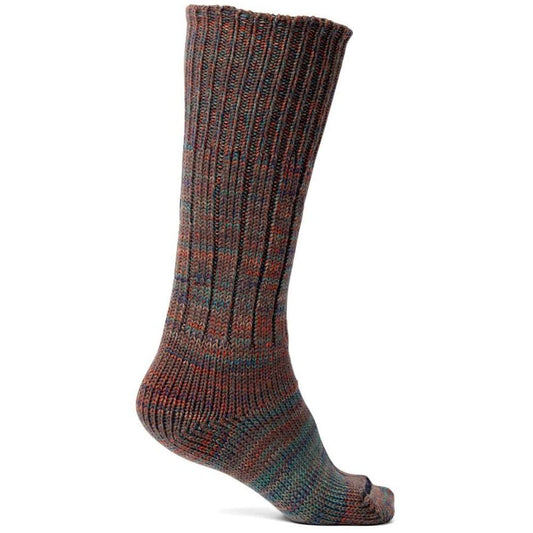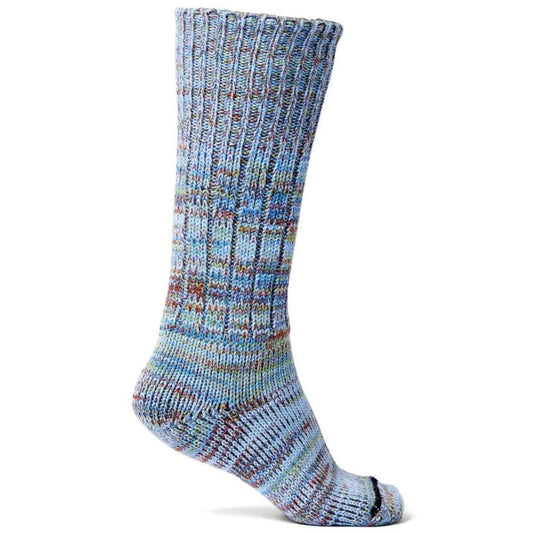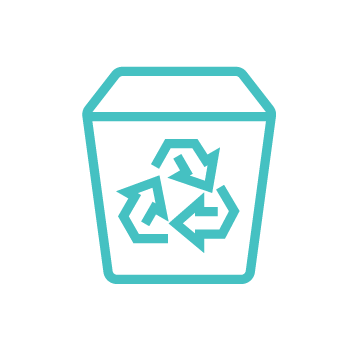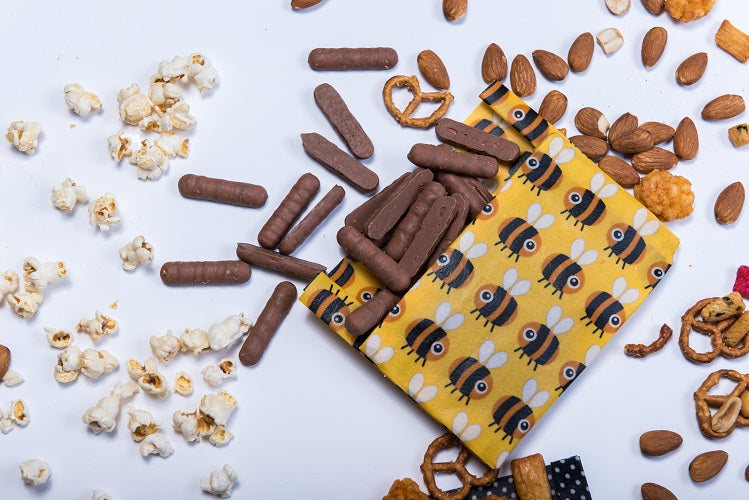
Source: WRAPPA Reusable Food Wraps
Beeswax or Vegan?
One of the biggest sources of unsustainable and landfill-bound items in the home is the plastic we keep our food in. Plastic containers and lids, plastic cling wrap, plastic bags - all unnecessary plastic that is touching our food, leeching toxins and creating environmentally-unfriendly materials destined for the waste cycle. The solution to this? Wax wraps! A great alternative to cling wrap and plastic covers, our wraps are ethically-sourced with environmentally-sustainable materials, including organic cotton. It also means you can ditch the plastic for good; Wax Wraps are fantastic for covering bowls, plates, individually-wrapping food items, and are able to be cut down to size. We have two variations in our wax wraps: Beeswax wraps and vegan wax wraps. While the choice between the two is typically determined by lifestyle or religious beliefs, there are some important differences if you are deciding between them. Let's take a look!
Vegan Wax Wraps
Our Vegan Reusable Food Wraps use plant-based Candelilla wax and non-GMO Soy wax. They also contain tree resin and jojoba oil and use natural cotton. This means they're cruelty-free and completely vegan. The combination of these ingredients results in the wax wrap being flexible, self-sticking, and unscented. Candelilla wax is normally two-times denser than beeswax, so this may mean the vegan wrap is less pliable than the beeswax wrap. The vegan wrap also can't be easily mended with additional melted wax, unlike beeswax wraps. Soy wax is a renewable resource, so using it in this wrap means an environmentally-sustainable product. The tree resin and jojoba oil also provide additional properties. The tree resin provides natural antibacterial properties, while jojoba oil is a natural fluid plant wax and is anti fungal. These particular wraps are handmade in Australia by a small business, so they have a low carbon footprint and support a local supplier.
To buy your vegan wax wrap, click here >
Beeswax Wraps
At Biome, we have a range of beeswax wraps with differing properties, but all are ethically-sourced and made. Our beeswax wraps are handmade in either Australia or New Zealand, and incorporate organic cotton fabric, organic beeswax, natural tree resin or gum, and pure jojoba oil. Some varieties also include coconut oil, propolis, or Manuka oil. Using beeswax means there is a light honey scent, but they are just as flexible and self-sticking as the vegan wraps. Using beeswax also means these wraps are naturally antibacterial and better at preserving moisture. However, you should avoid beeswax wraps if you are cruelty-free, vegan, or allergic to pollen or honey. Being handmade in Australia and New Zealand means a lower carbon footprint and support for small artisan businesses. The additional ingredients also contribute to these wraps' properties. Tree resin and propolis, a natural bee product, are antibacterial. Jojoba oil is anti fungal, and both Manuka oil and coconut oil have antimicrobial properties.
To buy your beeswax wrap, click here > Overall, both vegan and beeswax varieties are ethically sourced and made, use quality natural ingredients that are good for you and the environment, and best of all, can be composted at the end of their life. While there are some differences associated with each one, both varieties are quality products that can replace the pesky cling wrap with ease. All that's left to decide is which you like more! For more solutions to pack and store your food,
see our extensive range here >
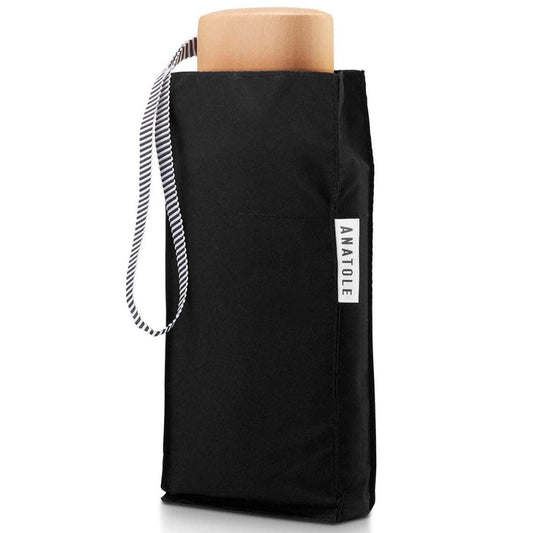
 Back soonVendor:ANATOLERegular price $59.95Regular priceUnit price / per
Back soonVendor:ANATOLERegular price $59.95Regular priceUnit price / per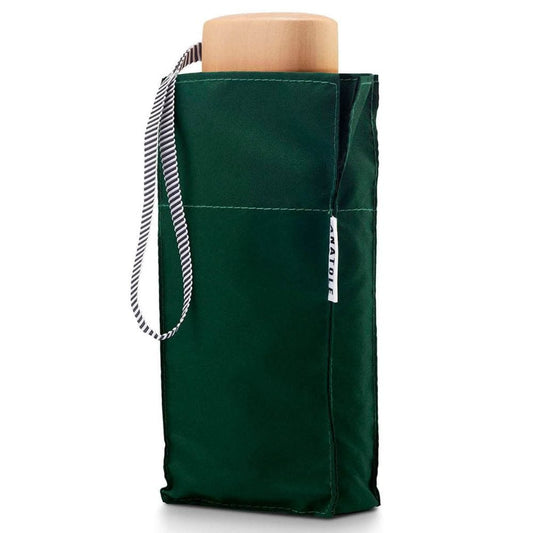
 Back soonVendor:ANATOLERegular price $59.95Regular priceUnit price / per
Back soonVendor:ANATOLERegular price $59.95Regular priceUnit price / per